
Why Vitamin D Matters Now More Than Ever
Vitamin D Bolsters Immunity
There’s more to vitamin D than a good mood, explains nutritionist Clarissa Lenherr. “Vitamin D has always been known as the bone health vitamin, although in the last few years, research has emerged supporting the positive effects of vitamin D on the immune system. This month, a pilot randomised open label, double-masked clinical trial was published showing that when patients were given a vitamin D-based drug, they were far less likely to be admitted to intensive care for COVID-19 treatment compared to those who were given a placebo. Only 2% of those who took the drug went into intensive care, compared with 50% in the control group. Another study in Chicago found that out of 489 patients, those with a vitamin D deficiency were nearly twice as likely to test positive with COVID-19 than those with normal levels.” Recent headlines suggest vitamin D will soon be recommended by the government in the fight against the virus.
It’s On A Par With Vitamin C
Vitamin C has long been hailed as the holy grail of immune support – and the first thing many of us reach for when we’re feeling under the weather – but Clarissa believes vitamin D plays an equal role. “Vitamin D is just as important as other vitamins when it comes to fighting colds and flu, if not more, and existing and emerging research points to this. Anecdotally, I see a noticeable difference in my client’s energy levels and susceptibility to feeling unwell when their vitamin D levels are low of deficient.”
Deficiencies Are Common
Shabir Daya, pharmacist and co-founder of Victoria Health, says vitamin D is vital to keep the immune system robust, yet most of us are deficient. “Despite all the press about vitamin D3, most of us have chosen to ignore the findings and hope we have sufficient levels in the bloodstream. The truth is most of us don’t, with statistics from the Department of Health showing as much as 25% of the population has a vitamin D deficiency. Scientists estimate this figure could actually be nearer 60%.” Shabir is passionate about raising the profile of the importance of vitamin D, saying deficiencies need to be addressed more than ever. “Aside from immunity, cases of childhood rickets (triggered by prolonged vitamin D deficiency) have risen 400% since 1996, and for six months of the year, there is insufficient UVB radiation for the human body to synthesise vitamin D. The UK is more northerly than we think – it is actually equal to the Alaskan panhandle. The UK is also one of the cloudiest countries in the industrialised world.”
Food Sources Are Limited
In theory, it is possible to get more than enough vitamin D from your diet, but as it’s only found in a small amount of foods, it’s best to top this up with sunlight and supplements, explains nutritionist Victoria Hamilton. “The best sources are fatty fish – think mackerel, wild salmon, trout and sardines – while smaller amounts are found in beef, pork, chicken, cheese and egg yolks. Mushrooms are also a fantastic plant-based source but try to pop them on a sunny windowsill to increase their vitamin D content.” Studies show that when white mushrooms are exposed to UV light, they go from containing small amounts of vitamin D to 824% of your RDA.
It Isn’t Enough To Rely On Fortified Foods
“A healthy and balanced diet can, at the maximum, supply us with 10% of the recommended daily amount of vitamin D, leaving a 95% deficiency of vitamin D in our bloodstream,” Shabir adds. “Small amounts of vitamin D can be found in fortified foods, such as milk, cereals, oily fish and juices, but this amount is too small to make any significant difference. In fact, it’s estimated we would need to drink 20 glasses of milk every day to maintain optimal levels of vitamin D.”
Obesity Plays A Part
As Victoria explains, vitamin D3 is a fat-soluble vitamin, which means it’s stored in our fat: “A higher body fat percentage can decrease the bioavailability of vitamin D3 by up to 50%, meaning those with a higher BMI are likely to have lower levels of this vital vitamin,” she explains.
Now Is The Time To Act
“The NHS recommends that those of us who live in the UK should consider taking a supplement of 10mcg/400iu of vitamin D every day between the months of October to April,” says Clarissa. With the clocks going back this weekend and darker days and nights on the horizon, now’s the time to consider supplementing. “However, if you are already low or deficient, this dosage may not be enough to get your levels back up. My recommendation would be to go and get tested and then supplement appropriately. Most GPs will run a vitamin D test, particularly if you are showing symptoms or are at an increased risk of low levels – this may be due to genetics, having darker skin or poor dietary intake.” If you’re self-isolating or prefer doing it at home, Clarissa says there are finger prick home test kits available – try BetterYou, whose test comes with a free vitamin D supplement.
Choosing The Right Supplement Counts
When it comes to buying a supplement, opt for vitamin D3, which is identical to the form of vitamin D created in your skin, Victoria advises. “It could also be worth looking for a formula with vitamin K2 for optimal absorption and try to take with a source of dietary fats (avocado, eggs, nuts, seeds or full-fat dairy) to aid absorption.” It could also be worth trying BetterYou’s oral sprays, which have been specially formulated to deliver vitamin D directly into the mouth for optimal absorption.
Up your levels with these expert-approved formulas…
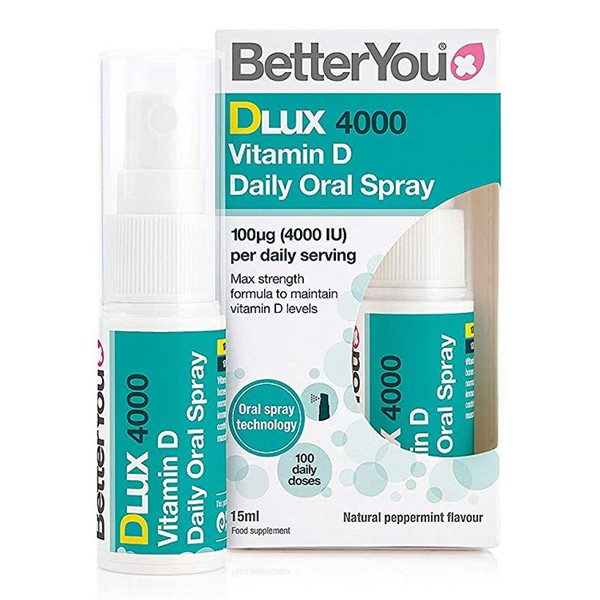
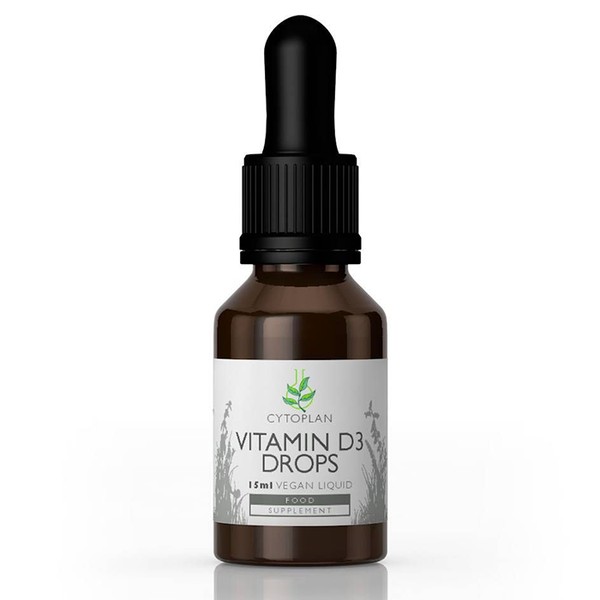
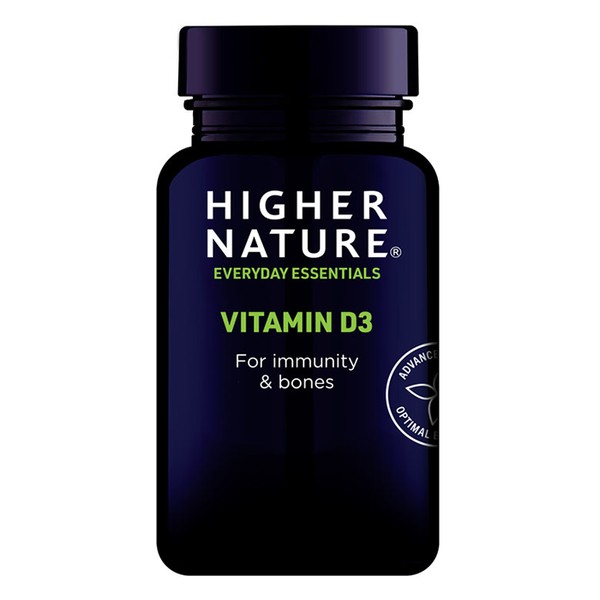
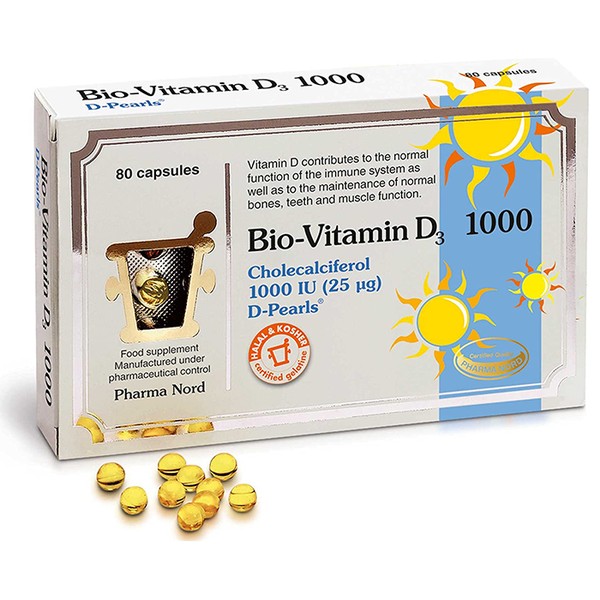
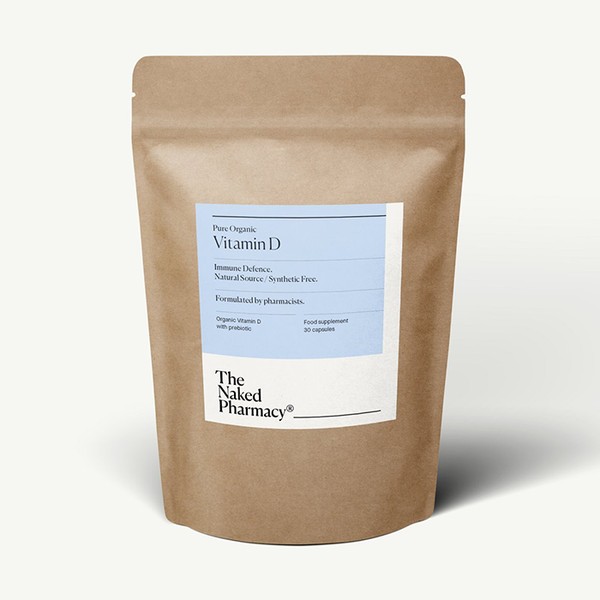
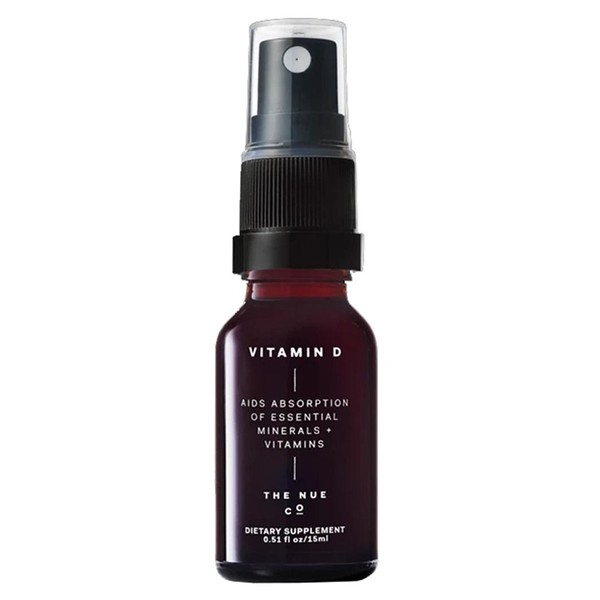
*DISCLAIMER: Features published by SheerLuxe are not intended to treat, diagnose, cure or prevent any disease. Always seek the advice of your GP or another qualified healthcare provider for any questions you have regarding a medical condition, and before undertaking any diet, exercise or other health-related programme.
DISCLAIMER: We endeavour to always credit the correct original source of every image we use. If you think a credit may be incorrect, please contact us at info@sheerluxe.com.

